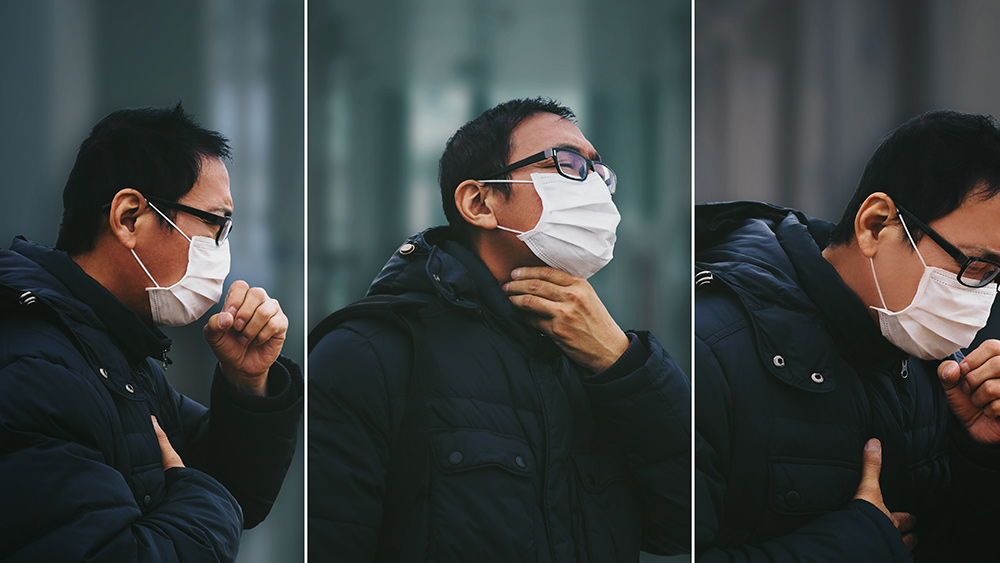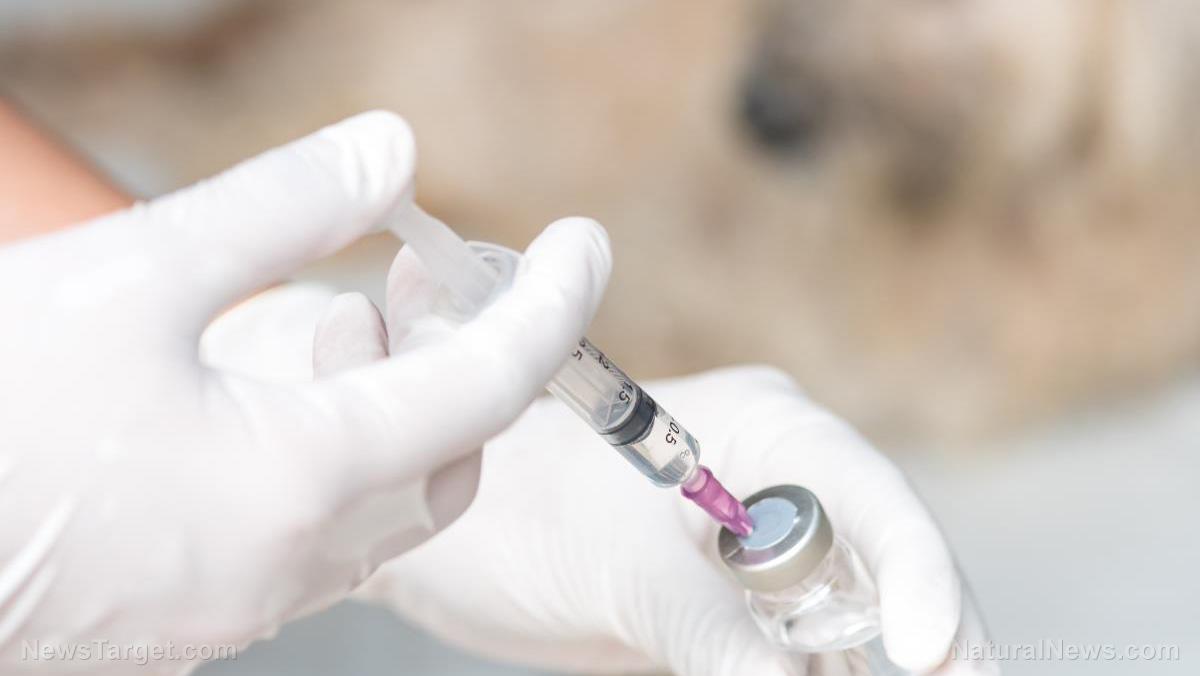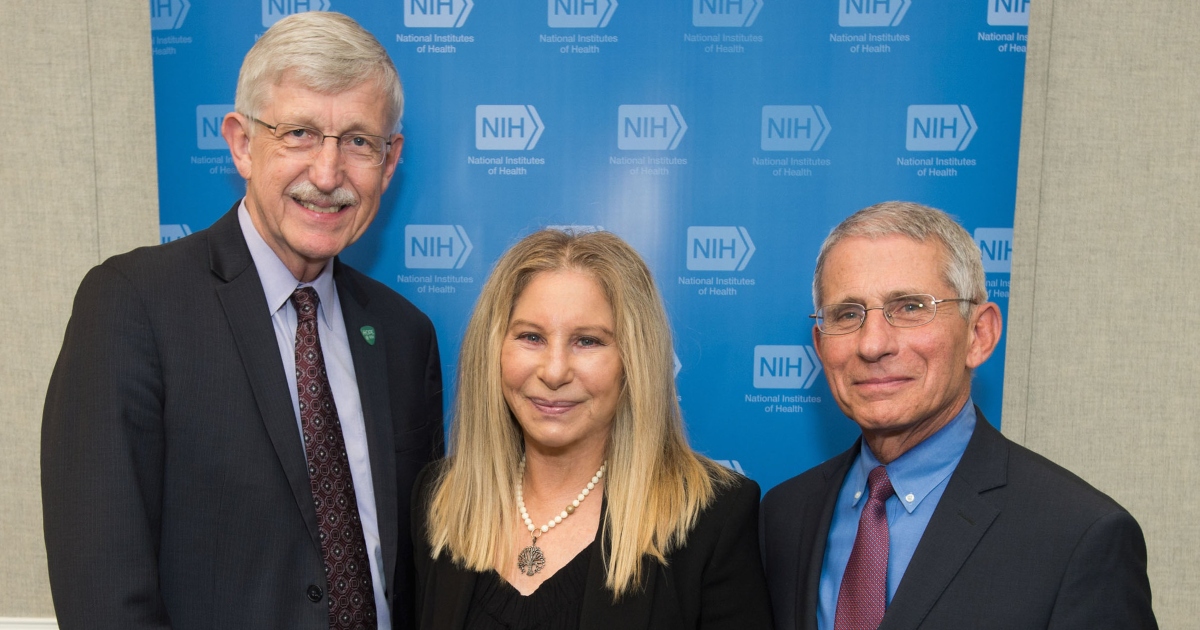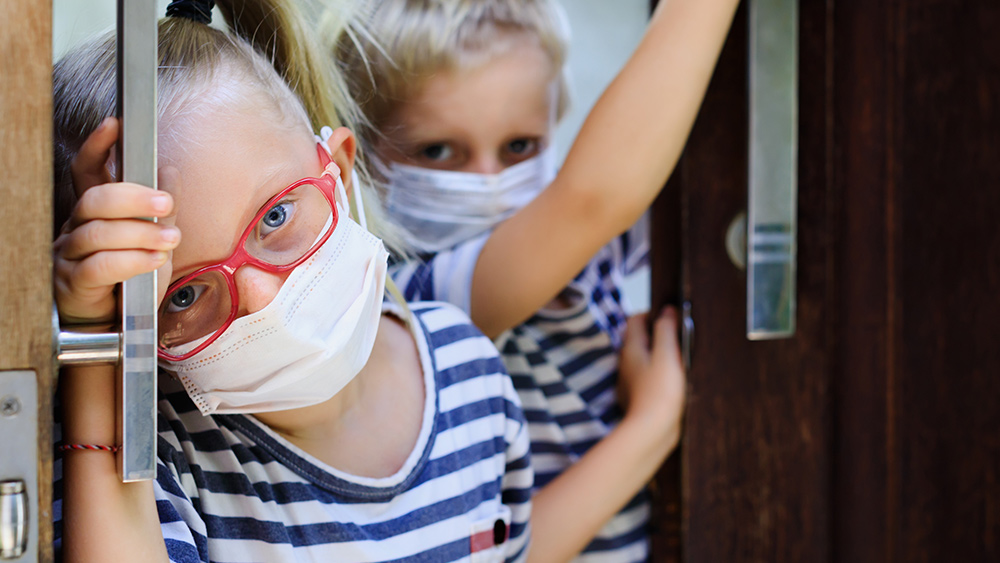First case of rare monkeypox virus reported in Singapore – here’s what you need to know
06/06/2019 / By Ralph Flores

Singapore has confirmed its first case of the rare monkeypox virus on May 9, 2019. The country’s Ministry of Health (MOH) said in a statement that the virus was brought in by a Nigerian man who may have been infected by bushmeat that he ate at a wedding before he left.
The 39-year-old man arrived in Singapore in late April to attend a workshop when he started to show symptoms, such as fever, muscle ache, chills, and skin rash. He is still hospitalized at the National Centre for Infectious Diseases, where he is believed to be recovering.
An investigation led by the MOH identified 22 people who have been in close contact with the patient. All identified persons, 18 foreigners and four locals who attended the seminar, were quarantined. In a recent statement to The Straits Times, the ministry confirmed that 18 people have now finished quarantine, and the remaining patients are expected to be released by the first week of June.
“While [the] risk of spread is low, MOH is taking precautions,” the ministry said.
The MOH will cover the expenses incurred for the treatment of the monkeypox victim and the quarantined people.
Singapore is the fourth country in the world outside of Africa to report a monkeypox infection. Previously, cases have only been documented in the U.S., Britain, and Israel, according to the Centers for Disease Control and Prevention.
This comes at the heels of another case linked to travel in Nigeria.
Last September, the U.K. reported its first case of monkeypox. According to Public Health England (PHE), the lead agency for the case, a person staying at a naval base in Cornwall, England was diagnosed with the disease. A report by the BBC later confirmed two more cases at the Blackpool Victoria Hospital in Lancashire. The first two patients got the infection while they were in Nigeria. The third person to be infected, however, was involved in the care of the second patient.

What you need to know about monkeypox
If the name monkeypox sounds eerily similar to smallpox, it’s because the viruses that cause them both belong to the same family, Poxviridae. The first case of monkeypox was discovered in an outbreak in 1958 that affected monkeys kept for research. The first human case to be recorded occurred in 1970 in the Democratic Republic of Congo. Since then, infections have been reported in central and western African countries.
The initial symptoms of monkeypox include fever, muscle aches, backache, swollen lymph nodes, chills, headache, and exhaustion. After the fever, an infected patient develops a rash, which begins on the face and spreads to other parts of the body. As the disease progresses, the lesions form the following before falling off:
- Macules
- Papules
- Vesicles
- Pustules
- Scabs
Unlike smallpox — a disease known to be highly contagious — monkeypox is a self-limiting illness. But that doesn’t mean that it cannot spread. Prolonged exposure or contact with bodily fluids or skin lesions from and on an infected person — even indirect contact with contaminated clothing — can lead to the transmission of the disease.
Monkeypox also has a lower mortality rate: The World Health Organization estimates that only 1 to 10 percent of people with monkeypox die from it, a far cry from the 30 percent mortality rate associated with smallpox. (Related: Do you know about these vaccine scandals throughout history?)
Learn more about other infectious diseases at Infections.news.
Sources include:
Submit a correction >>
Tagged Under:
Africa, African countries, bushmeat, Diseases, England, fever, infections, infectious diseases, monkeypox, monkeypox virus, Nigeria, outbreak, pandemic, quarantine, rash, Singapore, Skin lesions, smallpox, transmission, U.K., viral infections, virus
This article may contain statements that reflect the opinion of the author





















